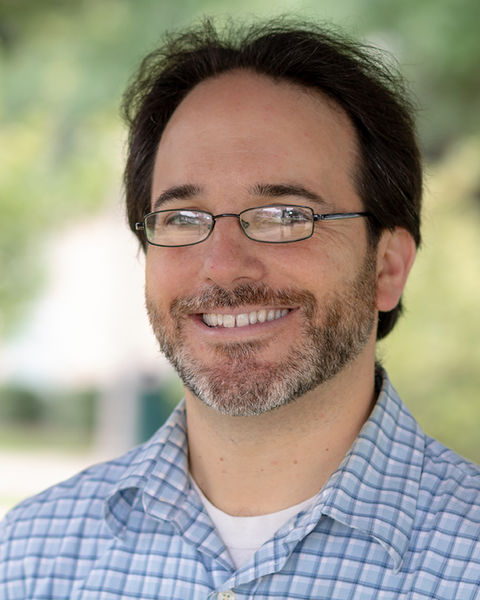Get ready to reach your goals
At Penn State, we are committed to providing a welcoming, encouraging, and empowering environment for students with disabilities to ensure equal access, full participation and reasonable accommodations for their academic pursuits.
Penn State Shenango’s Disability Services office is ready to help you coordinate services and reasonable academic accommodations to help you reach your goals.
Penn State’s Student Disability Resources
In addition to on-campus services, Penn State offers a wide breadth of resources and help for students across the state.
What to expect
Penn State Shenango welcomes students with disabilities into the University's educational programs. If you have a disability-related need for reasonable academic adjustments, we can help you to receive those adjustments and prepare you to accomplish your academic goals.
Collecting documentation
First, you must schedule a meeting with our disability coordinator to review your history and request documentation verifying your disability. This documentation may include evaluations from your medical doctor, neurologist, psychologist, or psychiatrist or a high school IEP/Evaluation Report concerning your disability.
You will find information about appropriate documentation for your disability at Penn State's Office of Student Disability Resources website.
Your information must be current. If it is old or outdated, which may vary depending on your diagnosis, you may need to return to your doctor for an update on your condition, which may require retesting.
Receiving accommodations
Once you are approved for academic accommodations, you will receive an Academic Accommodation Letter that includes recommendations for accommodations. You are strongly encouraged to meet with your professors at the beginning of each semester, at which time you may share this letter with them. Your professors will not be apprised of your diagnosis, which is strictly confidential.
In order to receive the accommodations, you are required meet with each your professors to discuss your needs and how they will be satisfied within the context of each course. An out-of-class appointment for this discussion will probably be necessary.
Your responsibilities
You are responsible for your own needs! Make sure you contact the disability coordinator immediately to obtain the help you need and to follow up to address problems and/or additional needs that may arise during your time at Penn State.
You will be responsible for keeping appointments with professors and tutors, if needed. You will also be responsible for the safe return of assistive devices you may borrow from the Lartz Memorial Library.
Renewal
In most, but not all, cases, your initial documentation will suffice for the entire time you take classes at Penn State Shenango. At the beginning of each semester, you will need to meet with the disability coordinator to review your accommodation letter for the new semester and to receive a copy to share with your professors.
Temporary impairment
If you become temporarily impaired due to an illness or accident, please contact the Disability Coordinator, who will work to assist students who have short-term special needs during the recuperation process.
Types of accommodations
Academic accommodations are individualized to provide an accessible learning environment suited to the unique needs of the student with a disability.
In order to receive accommodations, students are encouraged to meet with their professors as early in the semester as possible and have a discussion about how the accommodations will work in the context of the class. Once the accommodations have been made, the student will be graded according to the same standards as other Penn State students.
Types of academic accommodations may include, but are not limited to, the following:
- Extended time for exams/quizzes
- Note taking assistance
- Permission to audio record lectures
- Consideration with regard to absences
- Assistance with tasks that require bending over or lifting
- Textbooks/written material available in an alternate format
In order to determine what academic accommodations would be most appropriate, please make an appointment to talk to the disability coordinator.


